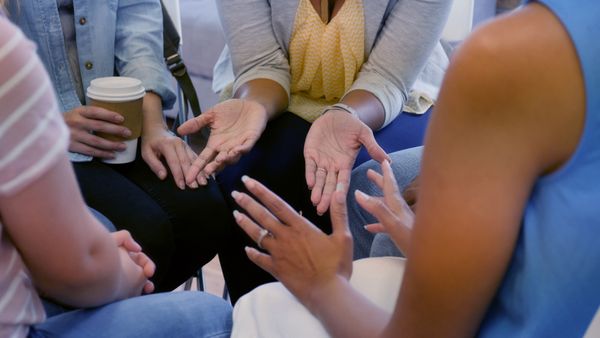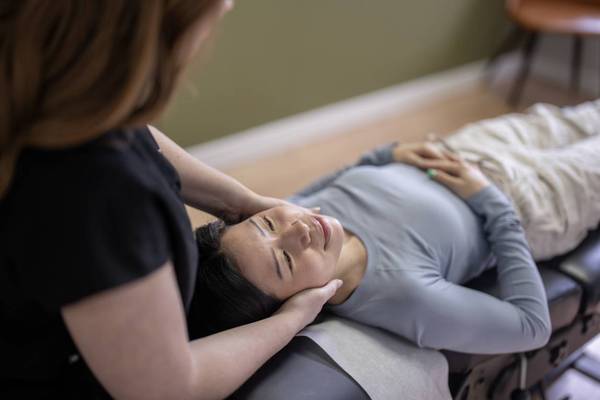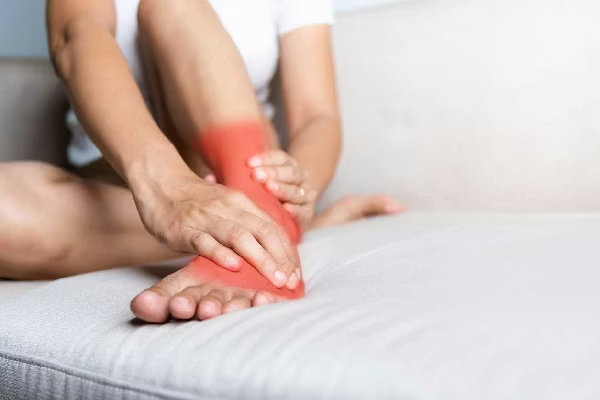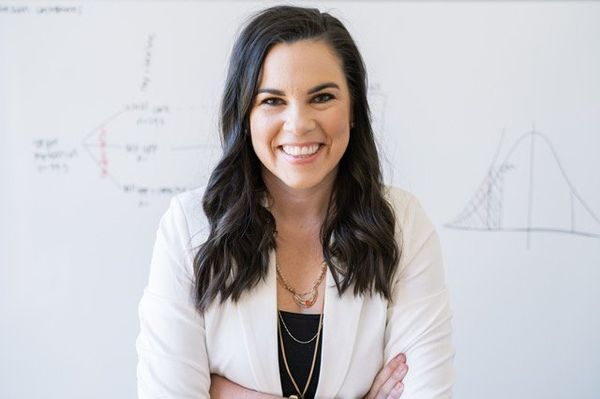By Barbara Brody
As the opioid epidemic continues to sweep the nation, it has become clear that no one is immune: Deaths from overdoses are increasing among both men and women, all races and adults of nearly every age.
"This is one of those issues that really cuts across demographic lines," says internal medicine physician Jean Kutner, MD, chief medical officer of University of Colorado Hospital. Yet the stigma that surrounds this problem still prevents many who are struggling from seeking help.
If you think that you might be misusing opioids—or are concerned that a loved one might be—start by talking to a trusted health care professional, such as your primary care physician. "People don't think that this is a medical problem, but it is," says Kutner. You can rest assured that your health care professional will keep the information confidential and will either start to treat you for opioid use disorder or point you in the direction of an appropriate program.
Starting that conversation is never easy, however. You'll need to push past any discomfort you might have and be honest. "The long-term health effects, including the risk for overdose, are quite serious," says Kutner.
Here are simple but important questions you can use to help guide your conversation with your health care professional.
How can I tell if I've developed an opioid use disorder?
Many people who become addicted to opioids start out with a needed prescription from their health care professional to deal with serious pain. Not everyone who uses opioids will become addicted, especially if you only take them for a short time (such as after surgery) and follow the directions on the bottle closely.
However, some people do start to misuse these drugs. This might involve taking more than the prescribed dose, taking pain medicine even when you haven't had any pain, or crushing and snorting pills (to get them into your system more rapidly) rather than swallowing them.
Over time, someone who has become addicted will develop strong cravings for the drug. People with opioid use disorder typically turn to illegal means to obtain more of the drug, which might include stealing or buying pills from others, changing health care professionals to get a prescription filled or buying heroin (an illegal and highly addictive opioid) or illicitly manufactured fentanyl. People who abuse opioids also often use these drugs in secret and may skip out on work and family events because they're so focused on finding and using the drugs.
How do I know if a friend or family member is misusing opioids?
Constricted pupils, coordination problems and slurred speech are among the physical symptoms they might develop, but it's even more important to be on the lookout for behavioral changes. Someone with a serious substance use disorder—whether they're misusing opioids or another substance—will likely become more secretive about their comings and goings, struggle at work or in school (grades might drop substantially) and neglect their appearance (stop shaving, forget to shower, etc.). They might also ask you for a lot of money or steal money or items that can be sold so they can buy more drugs.
What kind of treatment options are available in my area?
Most people with opioid use disorder benefit from a combination of medication assisted treatment and behavioral counseling. The particular programs available will vary depending on where you live, as well as your financial resources (including your insurance coverage). One important note is that not everyone needs to participate in an inpatient rehab program; there are a growing number of outpatient options across the country, Kutner says.
Can you prescribe Suboxone (buprenorphine)?
This medication helps reduce cravings for opioids, but not every health care professional can prescribe it, says Kutner. If your health care professional has completed special training and been granted a waiver, then they can start you on this treatment while referring you to a behavioral rehab program. If your health care professional has not obtained this waiver, the Substance Abuse and Mental Health Service Administration maintains a list of those who have so you can try to find one near you.
Should I get Narcan (naloxone)?
If you or a loved one is at risk for an opioid overdose, this medication (which is given as a nasal spray or injection) can be lifesaving. In most states, pharmacists can now prescribe it to people without a doctor's prescription, but it's still smart to talk to your provider about how and when to use this treatment.
- With a Nation in Crisis, It's Time to Erase the Stigma of the Opioid Crisis ›
- Using for Two ›
- A Call to Action for Women in Chronic Pain ›
- Women and Opioids: The Unseen Impact ›







